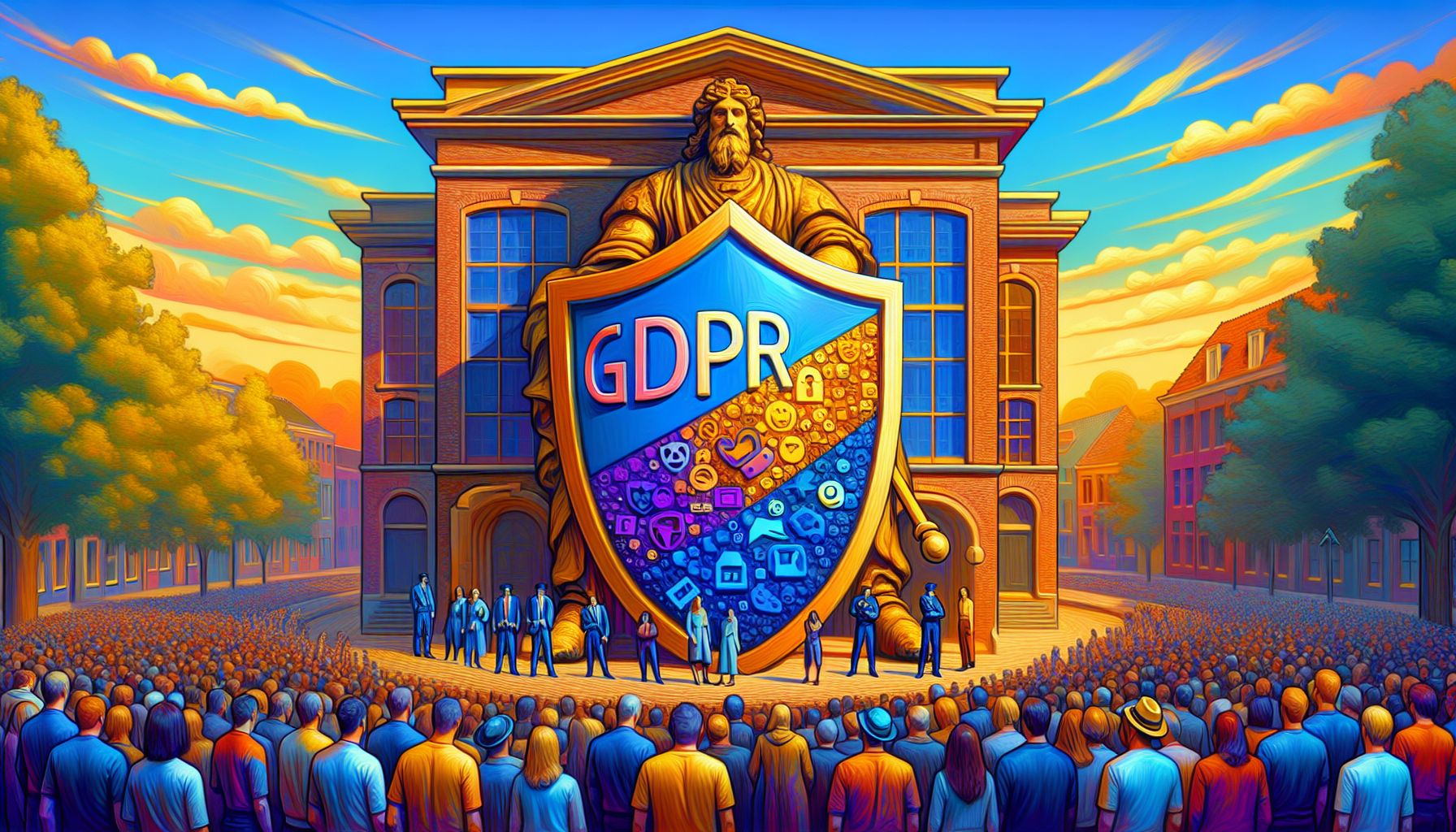Dutch Data Authority Clamps Down on Web Scraping Practices

Netherlands’ data protection authority deems web scraping largely illegal under GDPR, challenging common misconceptions about public data consent.
Understanding the Legal Landscape
In a significant move, the Netherlands’ data protection authority, Autoriteit Persoonsgegevens (AP), has clarified the legal boundaries of web scraping within the framework of the General Data Protection Regulation (GDPR). The authority’s guidance emphasizes that web scraping, which is the automated collection and storage of information from the internet, is predominantly illegal due to the privacy risks involved. This is particularly relevant when personal data is collected without explicit consent from the individuals concerned[1].
The Misconception of Public Data
A common misunderstanding addressed by the AP is the notion that scraping public information equates to lawful activity. AP chairman Aleid Wolfsen conveyed that the public availability of information does not imply consent for data to be scraped. The process of obtaining valid consent for collecting personal data typically requires direct and prior engagement with the individuals, which is not feasible in most web scraping scenarios[2].
Exceptions to the Rule
Despite the sweeping illegality of web scraping under the GDPR, the AP acknowledges certain exceptions. For instance, ‘household use’ implies that a private individual may employ scraping for personal projects with a limited scope, such as sharing results with close acquaintances, without falling afoul of the GDPR. Moreover, targeted scraping is permissible, such as when a company scans news media websites to gather pertinent news about its own business operations. These examples, however, represent very specific and narrow use cases that do not translate to broad allowances for web scraping practices[3].
Implications for AI and Data Innovation
This guidance comes at a critical juncture as the European Union is actively working to regulate artificial intelligence through the upcoming AI Act. The use of web scraping techniques is a prevalent method to train and improve AI systems, and this new guidance will inevitably have a substantial impact on how data is sourced for AI development. Companies and innovators based in the Netherlands and across the EU will need to reassess their data collection methodologies to ensure compliance with the strict standards set by the GDPR and the forthcoming legislation[1].
Bronnen
- iapp.org
- autoriteitpersoonsgegevens.nl
- [](GPT: General knowledge of GDPR and its implications on personal data collection)

